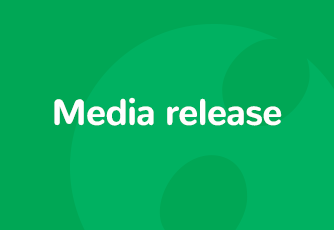Bowel Cancer New Zealand calls on the Ministry of Health to prove equitable health care is a priority for the government on World Cancer Day. The inaugural report released this week by Te Aho o Te Kahu, (the Cancer Control Agency) confirmed what is well known, inequities exist in cancer care for Māori and Pasifika peoples.
Cancer advocates, including Bowel Cancer New Zealand, have consistently campaigned for Māori to join the National Bowel Screening Programme from 50 years old. The Ministry rejected these calls, despite their expert advisory group recommending the minimum age for bowel screening be dropped from 60 to 50 for Māori and Pasifika peoples.
Urgent action from the government to address this inequity will signal how serious they are about making changes to cancer care in line with the Te Aho o Te Kahu report.
Bowel Cancer New Zealand medical advisor, public health clinician and Invercargill GP, Dr Sue Crengle says, “As this report shows bowel cancer incidence has been increasing among Māori and falling for the non-Māori population since 1996. Compared with non-Māori, a greater proportion of Māori bowel cancer occurs before bowel screening starts at age 60, and the bowel screening programme does not achieve equitable screening outcomes for Māori.
“As a result of both of these issues, the bowel screening programme is increasing bowel cancer inequities for Māori people. This is unacceptable. Part of the solution is to lower the screening age to 50 years for Māori and Pasifika peoples. The government acknowledges this, yet frustratingly, still refuses to act. As a result, the screening programme that continues to roll out nationwide is inequitable and discriminatory towards Māori”.
The current state of the country’s cancer-care system with a focus on bowel cancer shows much still needs to be done. Te Aho o Te Kahu chief executive, Professor Diana Sarfati said, “There needs to be continued work in addressing inequities, strengthening prevention, expanding screening and improving diagnosis and treatment for cancer.” Dropping the bowel screening age to 50 years old for Māori now, and all New Zealanders as soon as possible would go a long way to getting this work underway.
Bowel Cancer New Zealand chairperson Stefan Corbett says, “There is no doubt investment is desperately needed in cancer care in New Zealand. Bowel screening and cancer treatments have been sorely underfunded for years, and we need action on this now. Bowel cancer has remained unchanged as the second biggest cancer killer for the last decade in Aotearoa, and yet there have been no new drugs funded in the last 20 years.
“We have seen multiple reviews, reports and research, and still nothing changes. Bowel cancer patients are demanding, and deserve to see, investment from the government to stop 1200 Kiwis dying from this disease every year.”

